If you are not familiar with programming languages but want to start learning a programming language and explore the new possibilities in 2021, Python is the best choice. It is one of the easiest programming languages one could learn and master. On the other hand, if you are familiar with other programming languages, learning Python is a cakewalk. Other than easy syntax, the object-oriented program remains the same. Let us look at how one can start learning and mastering this programming language.
Why Python?
Python is an open-source programming language used by millions of users worldwide. The demand for Python is vast, and if you know this skill, it is the plus point for you. The following are the advantages of Python.
- It is easy to use, versatile and fast to develop language.
- Learning Python is easy, and even people without any technical knowledge can learn. As a result, python for beginners courses is in demand, and many people are enrolling in these courses.
- The syntax of Python resembles normal English, and consequently, you need not worry about the nitty-gritty of language and concentrate on building the logic.
- A vast community backs this programming language; hence you can get support in every step of your learning.
- It is an open-source programming language, and hence no need to pay anything for learning practically.
- Python is associated with numerous libraries and to perform any actions.
- It is an excellent means to make prototypes in a limited time.
How to learn Python?
The best way to master anything is by doing practically and implementing your learnings. Hence the same thing applies to Python, too; you need to implement everything you read. First, open your system, install Python and start exploring. However, here are a few tips to enhance your learning and become an expert in Python.
Make strong foundation
Learning the basics is the first step. So, first, understand the game and then rule it. To understand Python’s fundamentals, such as OOP, syntax, and other things, you need to read books and watch tutorials. You can enroll in the Python for beginners’ courses and understand its basics.
Patience is the key
Patience is a real virtue, and it is required in every aspect of life. So, the same applies while learning this programming language. Especially if you are a beginner and do not know programming languages, patience is essential. Even though it is a straightforward language, it takes time to understand the basics and start relating to the real world.
Build something
To test your learning, you should start building something and apply your learnings. It doesn’t need to be a complex program; it can be a small application to embark on your journey. Hence, build a simple website using Django. The application can help you track your expenditure or anything for that matter.
Immerse yourself in debugging
In the learning process, making mistakes is expected, so if you get many errors while programming something, don’t lose heart, instead be brave to counter them. You should debug the programs and find out the reason you are getting errors. The more you debug, the more learning you will get.
Take online course
The best way to learn Python is by enrolling in the best python certification course. It will provide everything from the necessary knowledge to get the certificate in Python. The best course arrives with excellent content and is taught by experts. It will guide you in progressing day by day with an excellent study plan.
Practice
There is no substitute for practice. Coding daily is the best way to gauge your learning and advance to the next level. Reserving some time daily to code is essential. Daily take new challenges and focus on the area where you struggle.
Read as much as possible.
There is numerous python tutorial available online. But reading by yourself is the best way to know everything about Python. There are several useful books and blogs there to sharpen your skills. So, reading from all sources helps to make your basics of Python strong and introduces new possibilities.








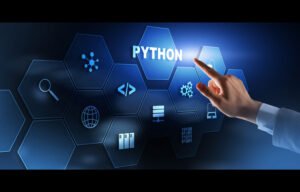

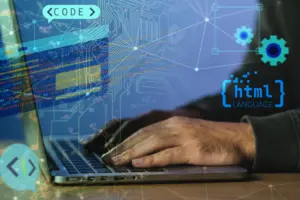
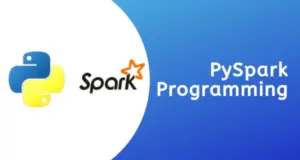



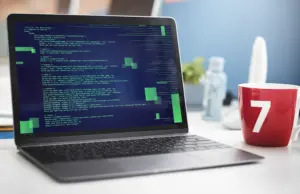

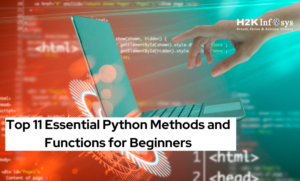













2 Responses